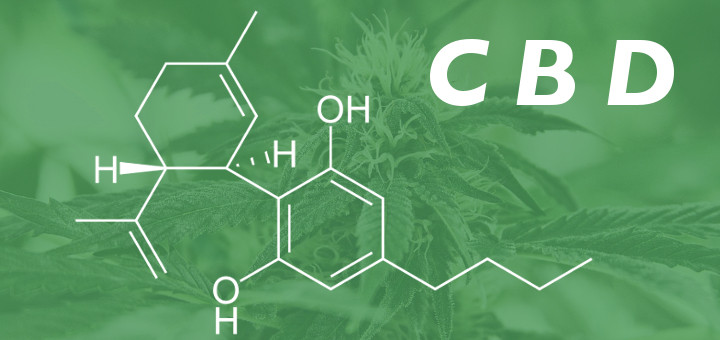In recent years CBD has catapulted itself to the forefront of the wellness market with swathes of positive reviews from consumers suffering from a multitude of ailments ranging from diabetes to chronic pain.
In 2017 alone, hemp CBD product sales totaled approx. $190 million in the United States. While these numbers are staggering in themselves, it has been projected that hemp-derived CBD products could reach sales numbers as high as $646 million by 2022.
As CBD products continue to flood the market it becomes increasingly important to provide accurate information to the public as to CBD’s effects and possible medicinal uses. One frequently asked question by consumers is if CBD can help stimulate one’s appetite.
While CBD can assist individuals with a number of conditions it has not been proven to effectively stimulate appetite in medical studies up to this point. Rather, the interaction of THC molecules with CB1 receptors in the brain does lead to increased appetite through increased odor detection. [1] One example of THC’s effectiveness in stimulating appetite can be seen in patients suffering from autoimmune disorders. Thus the stimulation of appetite can be attributed to THC, not CBD, which is another common molecule found in the cannabis plant.
Outside of states which have legalized cannabis both recreationally and medicinally, the majority of CBD products on shelves across contain between 0.3-0.5% THC and a higher percentage of CBD. [2] Therefore, patients seeking treatment for appetite loss will have to seek products with higher percentages of THC relative to CBD.
Unfortunately, those looking for THC-based products to treat appetite loss will face the legal obstacle of cannabis still being classified as a Schedule I substance by the federal government. It is my hope that patients across the United States will one day have the ability to access not only CBD products but also products containing THC.
References:
- Soria-Gomez, E., et al. “The endocannabinoid system controls food intake via the olfactory process”. Nature Neuroscience, Vol. 17, Winter 2014, pp. 407-415, https://doi.org/10.1038/nn.3647
- Mead, A., et al. “The legal status of cannabis (marijuana) and cannabidiol (CBD) under U.S. law”. Epilepsy & Behavior, Vol. 70, Part B, Summer 2017, pp. 288-291, https://doi.org/10.1016/j.yebeh.2016.11.021
Photo courtesy of The Washington Post










